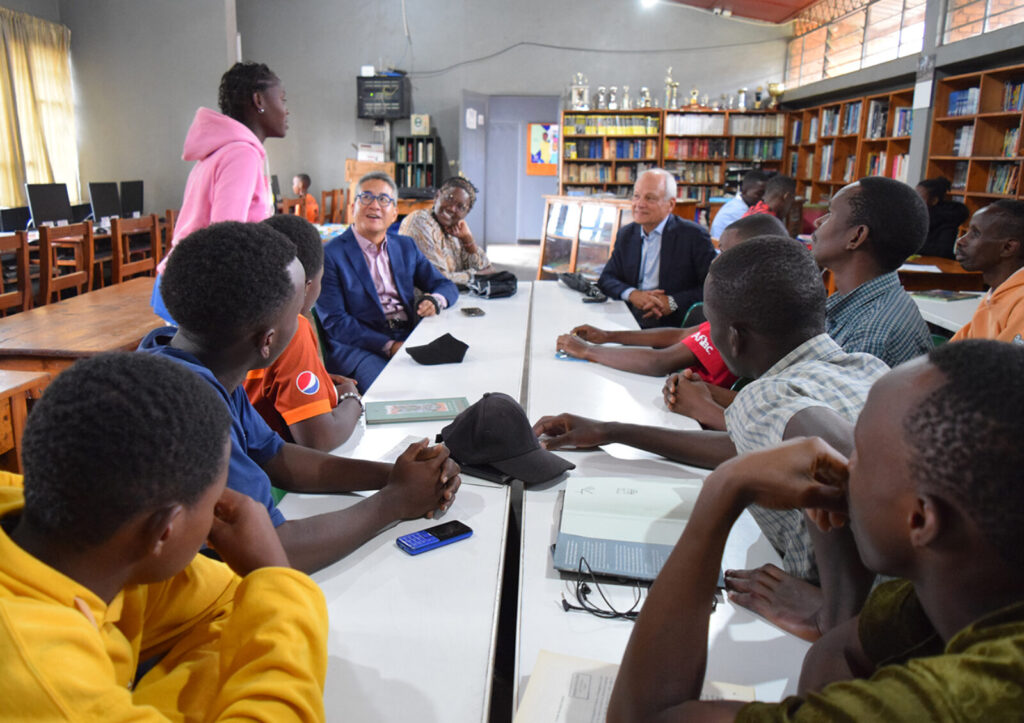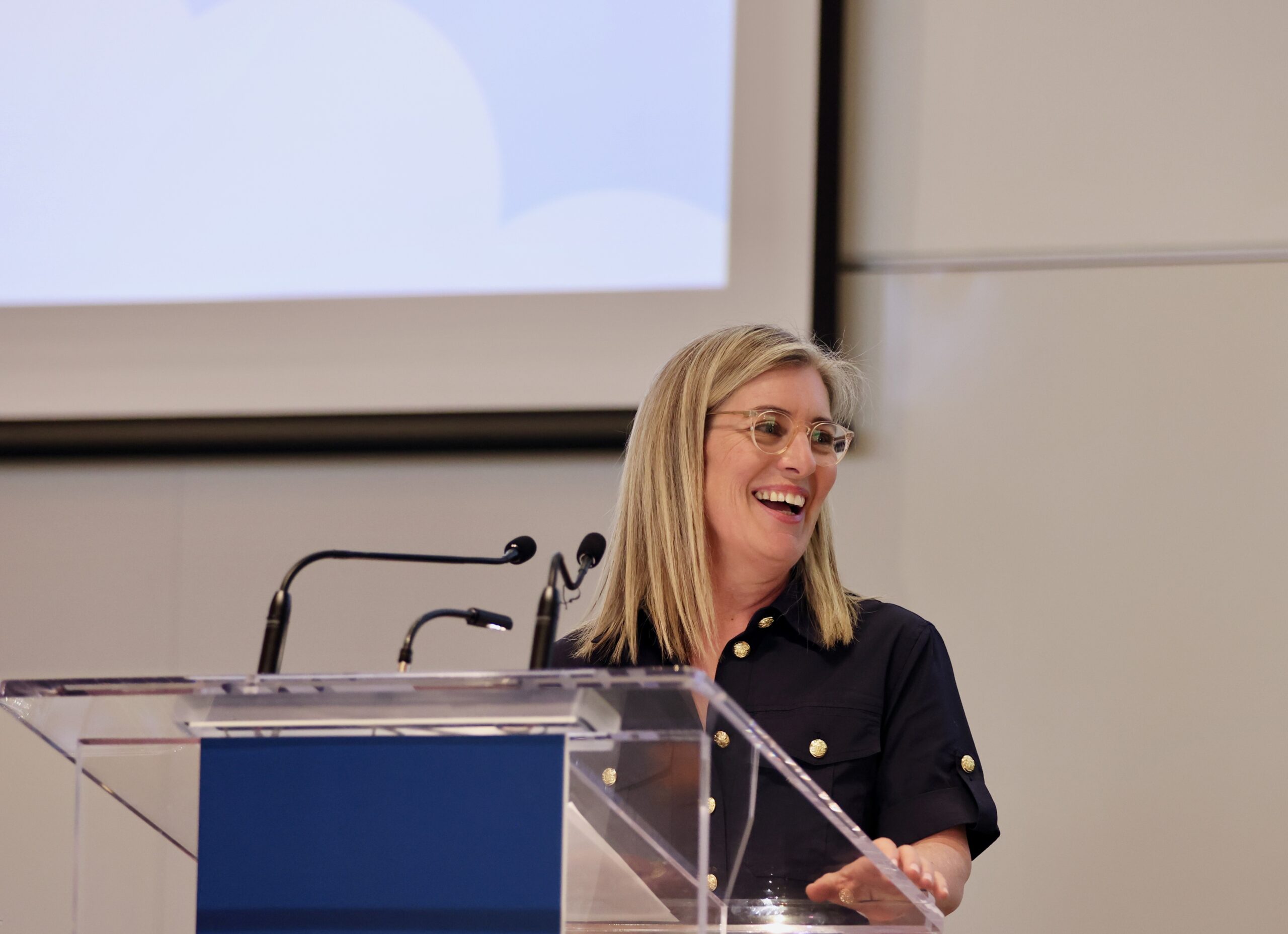Within the past several months I have visited India and Africa, experiences that have resoundingly reaffirmed U of T’s strategic priority of deepening its global engagement – and the value of “being there.”
This past January we opened the University of Toronto Centre in India, in partnership with Tata Trusts. The Mumbai-based centre will enable us to expand and deepen our activities in this crucial region, creating new opportunities for scholars and innovators from our two countries to work together to address economic, social and environmental challenges in major urban areas. On the same trip, I met with the leadership of the Indian Institute of Technology Bombay and the Tata Institute for Social Sciences, to renew our collaborative research and teaching partnerships. The productive energy of those meetings attests to the long-term relationships we have built with both institutions. While virtual meetings sustained these relationships during the pandemic, meeting in person once again has breathed new life into these important partnerships.
Last September, I represented the university at the 10th anniversary celebration of the Mastercard Foundation’s African Scholars Program, in Kigali. I also met with the leaders of eight African universities with whom we are working on a new program supported by Mastercard Foundation, to contribute to the continent’s health sector development. Once again, I was struck by the value of face-to-face meetings in deepening the trust that underpins this network. Our investment in those relationships over the past decade positions us well for the success of our future collaboration. I also visited Nairobi, to meet with our alumni in the region as well as prospective students and their parents. It was incredibly exciting to see first-hand the impact of our sustained effort to recruit fantastic students to come to U of T.
These two snapshots illustrate the results of the university’s international strategy. Established in 2017, it has recently been updated for the next five years – a revision led by Professor Joseph Wong, vice-president, international. The original plan offered a strategic vision encompassing student recruitment and mobility, alumni engagement, and institutional and corporate partnerships. The renewed plan affirms and seeks to build on this foundation, scaling up philanthropic support for our international priorities, developing new partnerships in low- and middle-income countries, and responding to major shifts in the geopolitical landscape.
With one-third of our students and one-half of our faculty now coming from outside Canada, such an intentional and comprehensive strategy is essential to our success.



